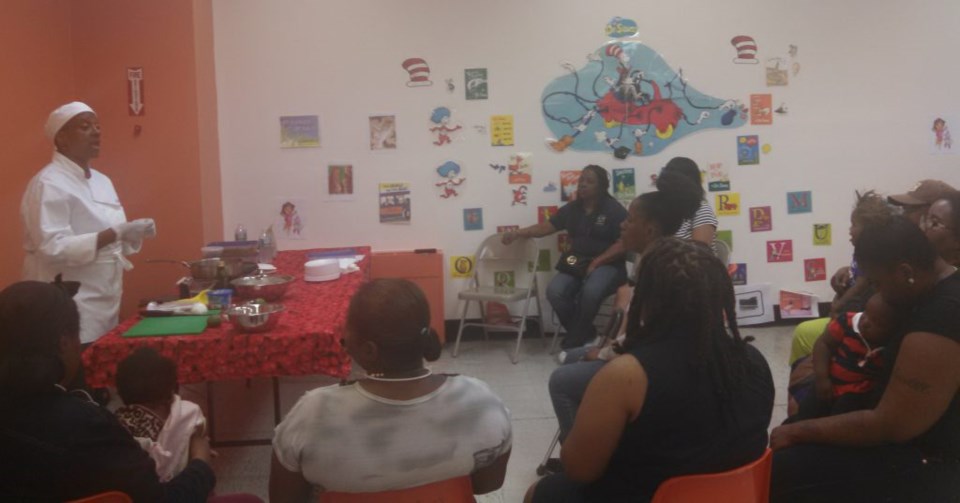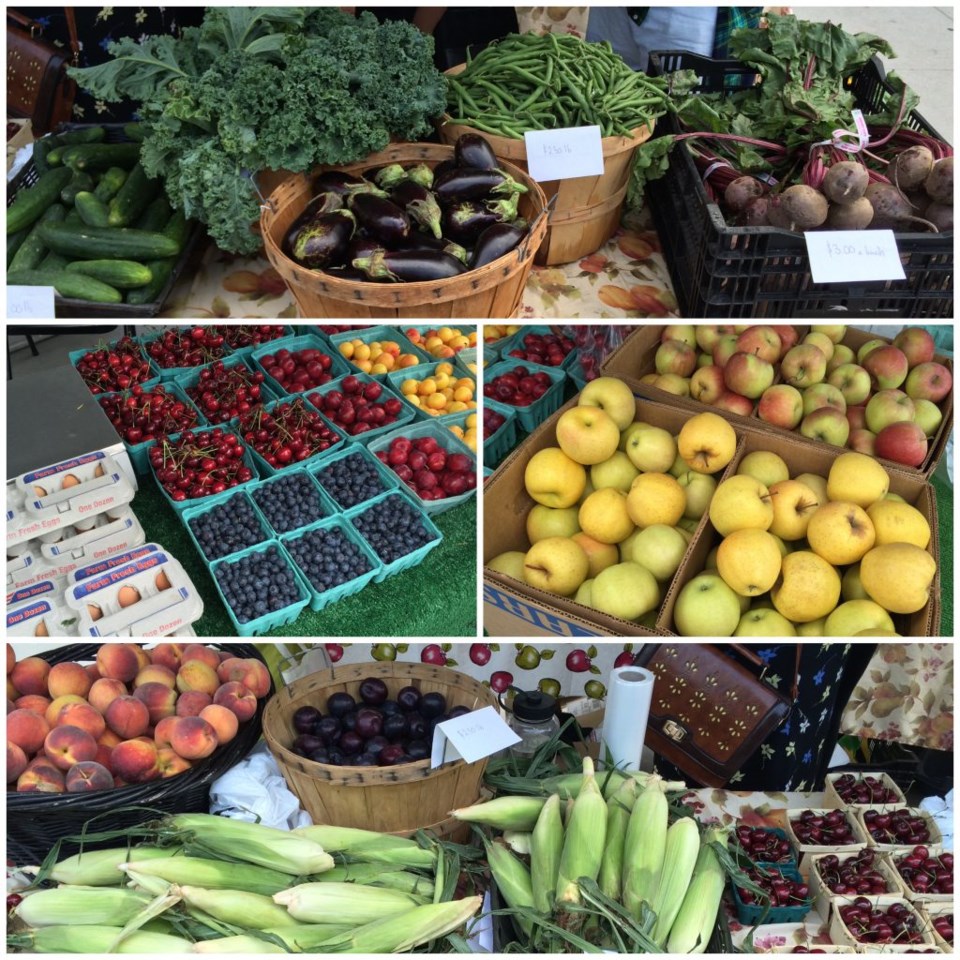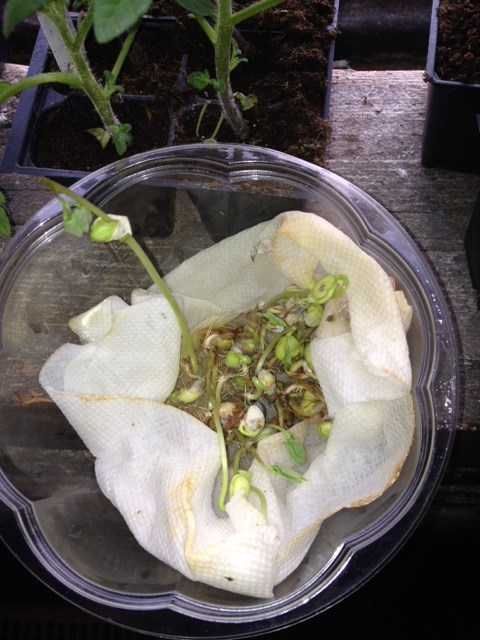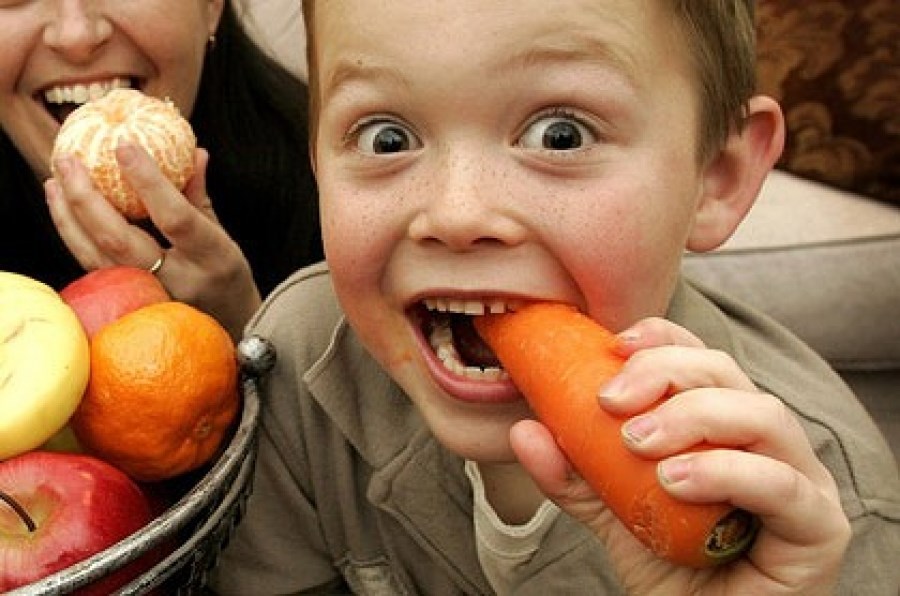
By Afia Bediako, Community Health Advocate and Farm to Preschool Program Manager at
Parenting can give us many opportunities to be proud of our little ones. When they can count to 10, or say the ABCs; say thank you, or when they share, these may be things we applaud. But I find myself excited lately, when my nearly 2 year old eats her veggies.
Having easy access to nutritious food and direct experiences with fresh-grown and unprocessed food is crucial for our children. Healthy experiences and exposures are especially important for young children, because of the important developmental effects. Fresh school meals, garden activities, farm field trips, and hands on food lessons all promote early nutrition and learning.
Farm to Preschool programs include serving locally sourced food at school meals; providing hands-on activities such as gardening, farm visits, and cooking lessons; and engaging youngsters, their family, and the school community in fresh food eating, growing and learning activities. These sort of activities are becoming more popular and more common citywide as well as here in Brooklyn. Bedford Stuyvesant Restoration Corporation's Health Initiative has been working with area preschools and Head Start programs for more than two years. Through Farm to Preschool activities, we have improved access to healthy fresh food for more than a thousand youngsters and their families.
Our efforts to improve school food began with replacing canned fruits and veggies with fresh items, at a single Head Start site. Farm fresh items, were later introduced. Next, parents and area youth came together to repurpose donated materials and create school gardens and indoor planters, and fruit trees were donated to five area Head Start Centers. Volunteers offered gardening expertise to help train educators and others in the school.

A winter pop-up market was offered to extend a regional farmers selling season and make freshly picked fruits and veggies available to preschool families. Classroom lessons on planting and harvesting were offered as a way to teach science and math. Now families and staff have become further involved with school-based healthy food trainings and options to purchase weekly farm shares at school. Building upon these accomplishments, the programming has spread to three more communities and now includes 20 sites, 1,100 children, and many community and national partners.
Early nutrition has a huge impact on our children's ability to learn, grow, and thrive. Although 1 in 4 children in NYC are food insecure, many children consume the majority of their daily nutrients in child care centers (making school meals an important vehicle). A diet of high quality ingredients and of known origins is crucial. Early introductions to fresh foods can serve to benefit children throughout their lifespan. Demand for foods that are minimally processed is increased when we have direct experience with fresh food, and know where it comes from. Indeed, it's possible to get back to the farm, even here in Brooklyn.
Research shows Farm to Preschool activities support an increase in fruit and vegetable consumption among participants. Particular preferences for or against certain types of foods are common among preschoolers and unfortunately vegetable consumption is typically low. In assessments at program sites we've seen vegetables wasted during school meals decreased from 60% to 30%.
I've seen first-hand, students referring to fresh spinach samples as "yummy" and eagerly requesting miniature apples as a snack. Families benefit from programming as well. I've seen countless examples of parents and grandparents recounting fresh food experiences from their youth and discussing how they have reintegrated fresh food practices into their current habits through home gardens or cooking from scratch.

As a mother of a toddler, it's my great pleasure to be a part of efforts to improve access to and knowledge about fresh nutritious foods for our littlest consumers. If any of the above gets you excited, there are multiple opportunities to get involved. Administrators can start small and include garden lessons, obtain food from local markets or farm shares, or conduct visits to local food producing gardens.
Families of preschoolers might offer to volunteer for in-class activities or field trips. There are options to buy fresh produce through farm shares in Bed Stuy and Brownsville (sign up at CorbinHillFoodProject.org). Local farmers markets are open through November. Ask your child's day care/preschool where they get their produce, and if they are not getting it from local/regional farmers, encourage them to do so. Restoration's Health Initiative can provide program supports. Children and families at participating schools can attend cooking demonstrations at Fresh Food Day events that are scheduled throughout the next few months.
More information on these programs is available at Restorationplaza.org.
Afia Bediako can be reached at abediako@restorationplaza.org.




